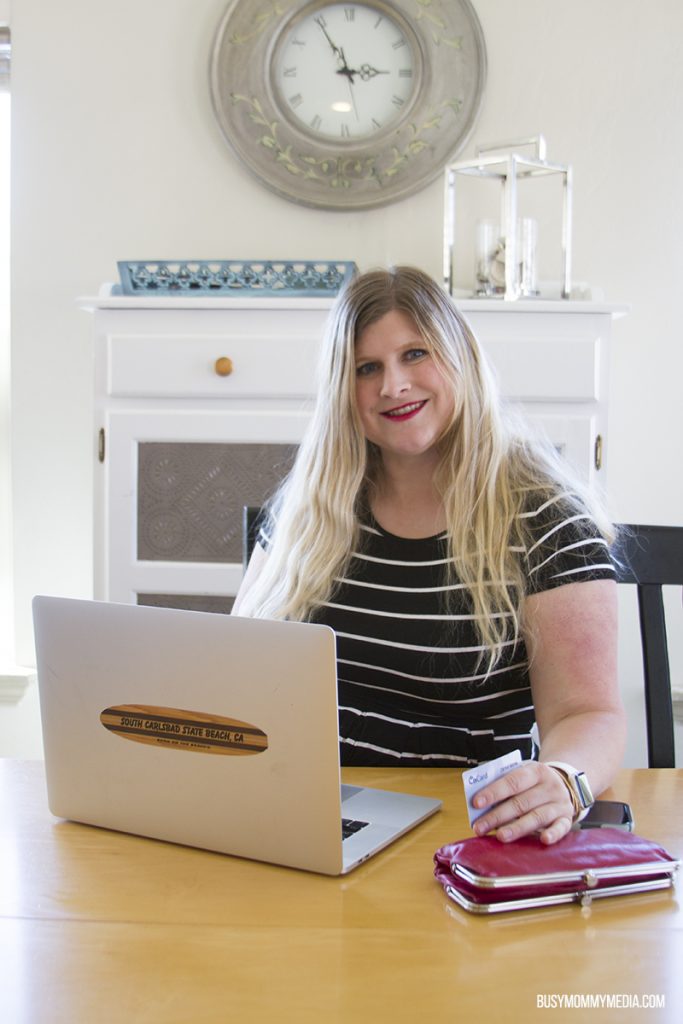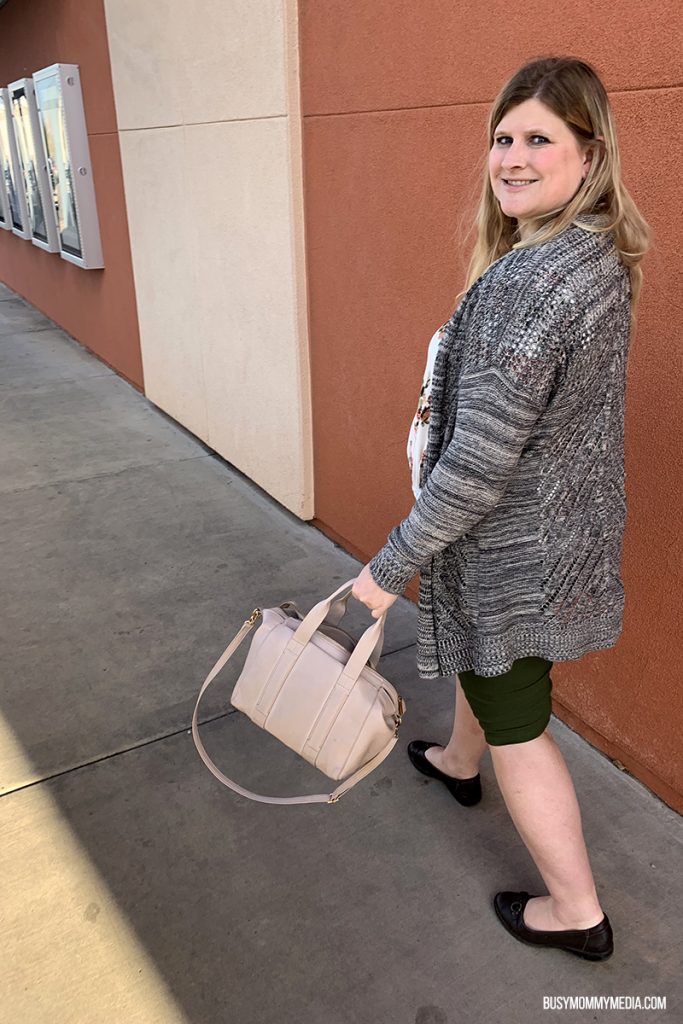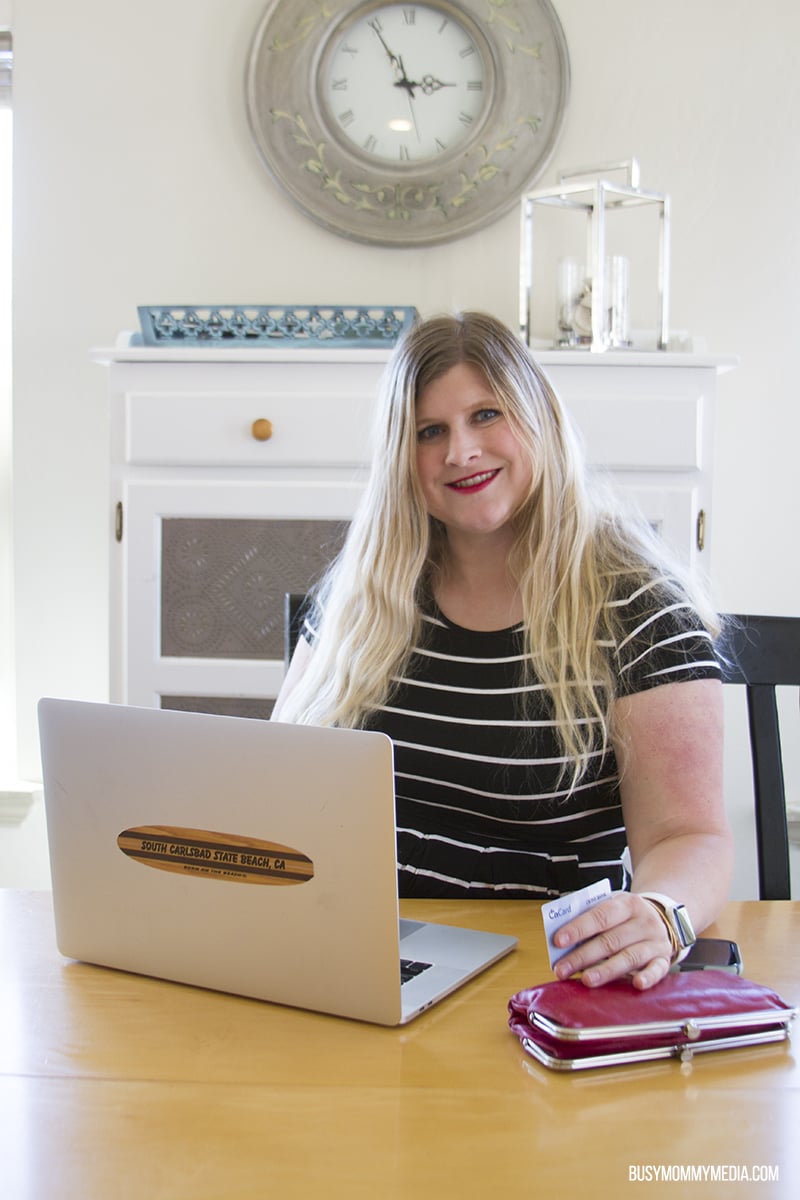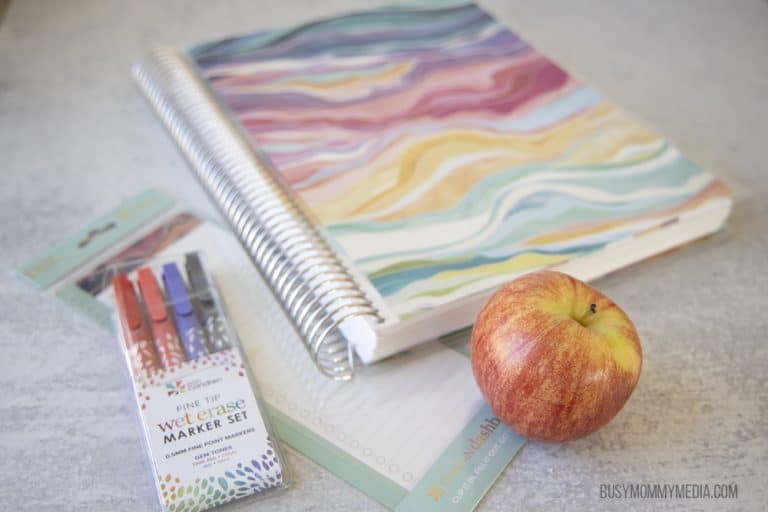The Best Way to Manage Variable Expenses with Oncard
This post has been sponsored by Zions Bank, a division of Zions Bancorporation, N.A., Member FDIC, in partnership with Forward Influence. All thoughts and opinions are 100% my own
Budgeting variable expenses is always a bit of a challenge. You may have a system in place for your set expenses, but those variable expenses require a lot more work to stay on top of. Fortunately, OnCard® from Zions Bank is the perfect option. With OnCard, you can budget, share your money, and create a plan that works for your lifestyle.

I think that variable expenses are the hardest part of budgeting. The set expenses like your mortgage payment, phone bill, and car payment are easy to plan for. For most of those, I just set them on auto-payment and forget about them.
Variable expenses are not quite so easy. Some bills change monthly, like your utility bills, while others come seasonally, like your car registration. Even worse are the ones that can change because we don’t pay attention to what we’ve been spending, like our grocery budget or dining expenses.

I like to keep 5 things in mind when it comes to variable expenses:
Tips for Variable Expenses
- Pay set expenses first. The basics, like your housing expenses, are pretty steady and should be paid before you start tackling the variable expenses that can have a bit more play to them when needed.
- Plan for seasonal expenses. One of the biggest complaints I hear about budgeting is when people say seasonal expenses sneak up on them. Seasonal expenses like holidays, birthdays, or auto registration are not surprises. They happen every year. Determine what you pay for them annually, divide that number by 12 and set aside that amount monthly. Suddenly your surprise seasonal expense becomes a set monthly expense.
- Take a good look at what you are spending. Variable budgets can get away from you quickly. My entertainment budget is the worst. When I finally went through it, I realized that I was paying for subscriptions I wasn’t even using, and I had one that I was paying for twice each month because, somehow, I’d set up two accounts. It is worth the time to go through your budget and see where your money is actually going. Then you can make adjustments.
- Small changes can be more effective than big ones. Variable expenses really boil down to habit. We spend what we do on groceries because that is what we are used to doing. Making sweeping changes may work for a few weeks, but, eventually, you are going to get frustrated and go back to your old ways. Making small and steady changes can do more for your budget long-term than trying to change everything at once. Focus on one category at a time and you’ll be surprised at the progress you can make.
- Stretch your budget by shopping sales. It makes sense to buy when the price is low, whether you are shopping for appliances or cereal. Having your variable expenses separated from your fixed expenses makes it easier to know when you have some extra funds to work with. I always stock up when grocery prices go down, but did you know there are certain times of the year where bigger purchases like appliances, furniture, and even cars can be bought for a lower price? Spending less on the things you are buying each year helps give you some wiggle room in your budget.

The Easiest Way to Manage Variable Expenses
You’ve probably heard of the envelope method.
The general idea is you set aside the money you’d like to budget for each variable expense in your budget (think food, gas, entertainment) and you physically put that money inside an envelope to be used throughout the month.
I’m a very visual person, so the envelope method appeals to me.
Unfortunately, I NEVER use cash. That makes using the envelope method to budget variable expenses not very effective for me.
For years I’ve wished I could figure out a way to make the envelope method of budgeting work for me because I just love how clean it makes budgeting for variable expenses.
I finally got my wish. OnCard from Zions Bank lets you create separate budgets using your bank account.
OnCard is a reloadable, prepaid debit card with a built-in money management app that is super easy to use. You can instantly transfer money from your checking account to the OnCard. Any purchases made with your OnCard will automatically be categorized against your budget to help you stay on track.
It’s just like having an envelope system set up within your bank account!
Smart Parenting Tip: Give your teenager an OnCard and use it to pay their allowance or share money when needed for school. This is so much easier than using cash.
One thing I love about OnCard is it automatically creates a budget for you after you use the card for 30 days. This gives you a good look at your spending so you can make adjustments if needed.
The mobile app gives you easy access to manage your money anytime you need to and access your budget to keep yourself on track.
Suggested Budgeting Categories for OnCard
I have loved OnCard so much. It has made my financial life so much easier. All those variable expenses are so much easier to keep track of when they are separated.
Thinking of using OnCard for your variable expenses? Here are some of the categories we recommend:
- Grocery
- Dining
- Entertainment
- Gas
- Seasonal Expenses
- Car Repairs
- Home Repairs
- Clothing
OnCard by Zions Bank has been a fabulous way to keep my family’s budget organized. You can learn more about OnCard here.







